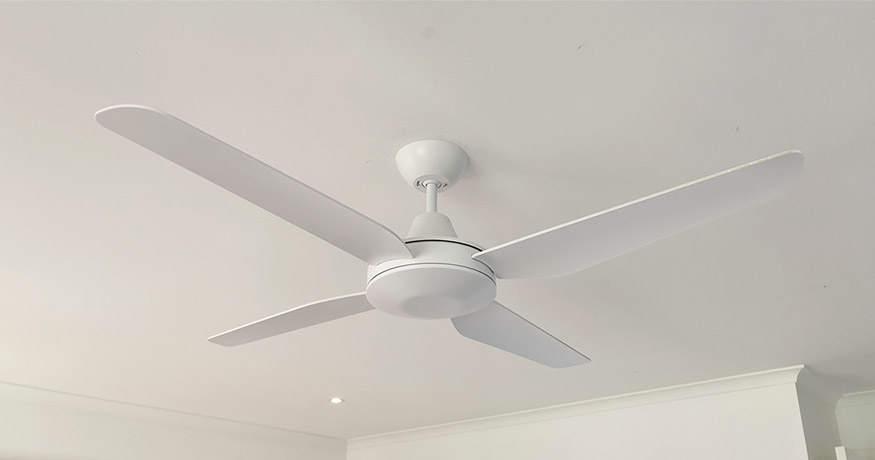If you're experiencing troubles with your dishwasher, there's no need to despair. Dishwashers are an essential appliance in any household, but when they break down, they can be a real headache. Luckily, there are skilled repairmen and repairwomen who can fix any issue your dishwasher may be experiencing.
Finding a Competent Repair Professional
When looking for a repair professional, it's essential to choose someone skilled and experienced in repairing dishwashers. Opt for someone who is licensed and insured to perform repairs. You want to ensure that the person you hire is capable of fixing the problem, so it doesn't recur.
It's important to note that not all dishwashers are the same. Therefore, the repair person you hire should be familiar with your specific type of dishwasher. The repair professional should also be able to diagnose the problem quickly and get the dishwasher up and running in no time.
Common Dishwasher Problems
There are a few typical dishwasher issues that repair professionals encounter regularly:
Dishwasher Not Cleaning Dishes:
This is a widespread dishwasher problem, and it's usually caused by a clogged dishwasher spray arm or a broken pump impeller. A competent repair professional should be able to disassemble your dishwasher, clean it, and replace any damaged parts.
Dishwasher Not Draining:
If your dishwasher isn't draining, it's usually due to a blockage in the dishwasher's drain hose or a clogged garbage disposal. A knowledgeable repair professional should be able to diagnose and fix these issues with ease.
Dishwasher Leaks:
If your dishwasher is leaking, it's usually due to a broken door seal, a worn-out water inlet valve, or a malfunctioning pump. A certified repair professional should be able to identify the cause of the leak and repair the malfunctioning parts.
Dishwasher Repair Process
When you contact a repair professional, they'll likely begin by diagnosing the problem. They'll examine the dishwasher, listen to its operating sounds, and check for any visible damage. Once they identify the issue, they'll outline the necessary repairs and provide an estimate of the cost.
The repair process itself usually takes only a few hours. The repair professional will disassemble the dishwasher to access the malfunctioning parts. They'll then clean, repair, or replace any damaged components. Once the repairs are completed, they'll reassemble the dishwasher and test it to ensure that it's in good working order.
Preventative Maintenance Tips
Once your dishwasher has been repaired, it's important to take preventative measures to extend its lifespan. Always follow the manufacturer's instructions for use and care, and avoid overloading the dishwasher. Additionally, regularly clean the dishwasher's filters and spray arm to prevent clogs.
Conclusion
A broken dishwasher can be a real hassle, but it's not the end of the world. By finding a competent repair professional, identifying the problem, and taking preventative measures, you can ensure that your dishwasher remains in good working order for years to come.

Source:
https://www.arcappliances.co.uk/dishwasher-repair/

Source:
https://depositphotos.com/137857736/stock-photo-repairman-repairing-dishwasher.html

Source:
https://appliancerepairguy.com.au/













:max_bytes(150000):strip_icc():format(webp)/GettyImages-160071372-e41bec6e3b1c421d82db4fd636bfb198.jpg)















